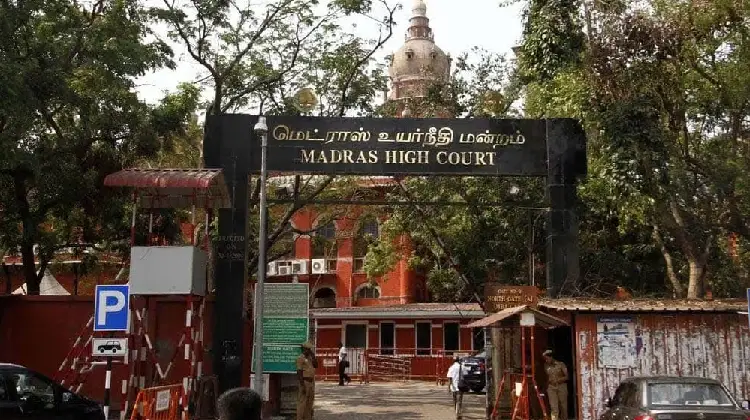In a significant development that sent ripples through India’s burgeoning real-money gaming (RMG) industry, the Madras High Court has upheld the validity of the Tamil Nadu Online Gaming Regulations, 2025. This ruling, delivered by a division bench comprising Justices S.M. Subramaniam and K. Rajasekar, dismisses a series of writ petitions filed by prominent RMG operators, including Play Games 24×7, Junglee Games, WinZO, and Head Digital Works (parent company of A23).
The court’s decision, announced today, reaffirms the Tamil Nadu government’s authority to legislate on matters of public health and trade within its borders. This includes the power to regulate games of skill when played for money, a point hotly contested by the gaming firms who argued that only the Centre could regulate online games under the IT Act.
The regulations, introduced in February 2025 by the Tamil Nadu Online Gaming Authority (TNOGA), impose stringent curbs on online gaming platforms. Key provisions upheld by the court include:
- A ban on gameplay between midnight and 5 AM. This “cool-off” period was a major point of contention for the industry.
- Mandatory pop-up warnings every 30 minutes after one hour of continuous play.
- Prohibitions on minors from using the platforms.
- Clear display of spending limits and money spent by users.
- Mandatory KYC verification using Aadhaar and OTP at login.
- Continuous warnings about the addictive nature of online gaming on login pages.
The High Court emphasized that the state cannot remain a “mute spectator” when its population faces “serious physical, mental and financial risks” due to online gaming. The bench stated that the right to conduct business under Article 19(1)(g) of the Constitution is subject to reasonable restrictions, especially when public health and safety are concerned. It also noted that the right to privacy, while fundamental, is not absolute and can be restricted in the broader public interest, citing the Supreme Court’s Puttaswamy judgment.
This verdict is a significant setback for the RMG industry in Tamil Nadu, a market that reportedly accounts for 8-10% of India’s total real-money gaming activity. Industry stakeholders have voiced concerns that the night-time curfew alone could lead to an estimated ₹700-₹800 crore loss in annual gross gaming revenue. Legal experts warn that this ruling could also trigger a “domino effect,” prompting other states to impose similar restrictions, potentially leading to a fragmented and complex regulatory landscape across the country.
While this judgment empowers the Tamil Nadu government to enforce its regulations, it’s crucial to note that a broader challenge to online gaming regulations remains pending in the Supreme Court, which could still influence the final outcome for the industry nationwide.
Key Highlights:
- The Madras High Court has upheld the Tamil Nadu Online Gaming Regulations, 2025, dismissing petitions from major RMG operators.
- The regulations impose strict curbs, including a ban on gaming between midnight and 5 AM, mandatory pop-up warnings, age restrictions, and Aadhaar-based KYC.
- The court emphasized the state’s right to regulate for public health and safety, stating that the right to conduct business is subject to reasonable restrictions.
- This decision is a significant blow to the RMG industry, with concerns about substantial revenue loss and a potential “domino effect” in other states, though a Supreme Court challenge is pending.

